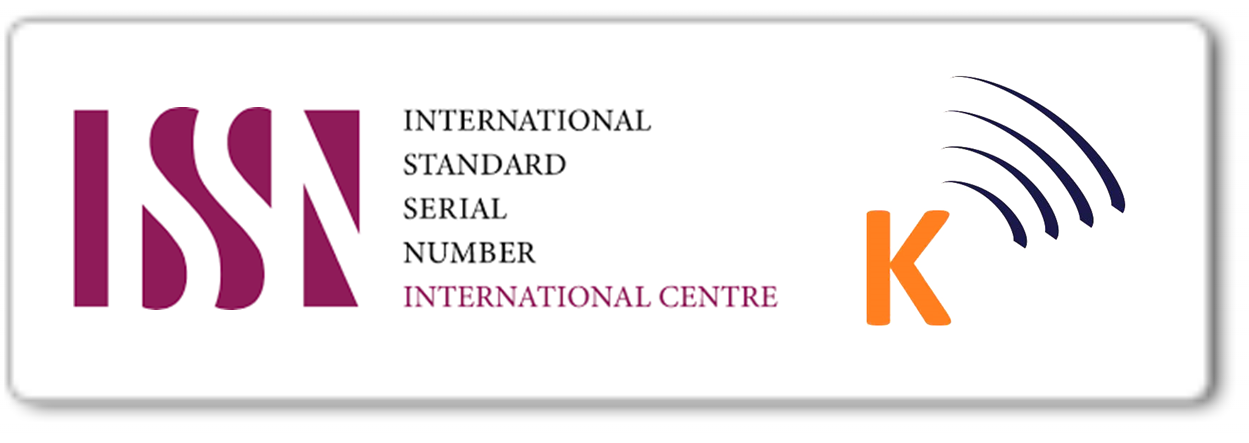KEMAMPUAN KOMUNIKASI DAN PEMECAHAN MASALAH MATEMATIS MAHASISWA PENDIDIKAN GURU SEKOLAH DASAR MELALUI PEMBELAJARAN BERBASIS MASALAH
Keywords: mathematical communication, mathematical problem solving, problem-based learning
Abstract
This experimental study was conducted to investigate students’ mathematical communication and problem solving abilities by using problem based learning (PBL). The subjects of this study were 67 student teachers from a State University in Bandung. Instruments of this study were a mathematical communication test and a mathematical problem solving test. The data were analyzed by using one and two path anova, Mann Whitney test and chi square test. The study found that: (1) Students’ mathematical communication and problem solving abilities in PBL classroom were higher than those of students of conventional classroom; (2) The advantage of PBL were also supported by the findings that mathematical communication and problem solving abilities of students with low initial ability were higher in PBL classroom compared to those ofconventional classroom; (3) There was significant correlation between mathematical communication and problem solving abilities; (4) There were no interaction between teaching approaches and prior mathematics ability on students’ mathematical communication and problem solving abilities.
Downloads
References
Arikunto, S. (2008). Dasar-dasar evaluasi pendidikan (Edisi Revisi). Jogja: Bumi Aksara.
Boud, D. & Felleti (1997). The challenge of problem-based learning. London: Kogapage.
Departemen Pendidikan Nasional. (2006). Kurikulum Tingkat Satuan Pendidikan. Jakarta: Badan Standar Nasional Pendidikan.
Departemen Pendidikan Tinggi. (2006). Rambu-rambu Penyelenggaraan Pendidikan Profesional Guru Sekolah Dasar.
Duch, B.J., Groh, S.E., & Allen, D.E. (2001). Why problem-based learning?. The power of problem-based learning. Virginia: Stylus Publishing.
Kusmini. (2005). Model pembelajaran berbasis masalah untuk mengembangkan kecakapan matematika siswa SD kelas V sebagai implementasi kurikulum berbasis kompetensi (KBK). Skripsi yang tidak dipublikasikan. Universitas Negeri Semarang.
Nasrun, H. (2008). Meningkatkan kemampuan estimasi pada penjumlahan bilangan cacah melalui pembelajaran berbasis masalah pada siswa kelas V SD. Disertasi yang tidak dipublikasikan. Program Pasacasarjana Universitas Negeri Malang.
Ruseffendi, E.T. (1998). Dasar-dasar penelitian pendidikan dan bidang non-eksakta lainnya. IKIP Semarang Press.
Saptono, R. (2003). Is problem based learning (PBL) a better approach for engineering education? CAFEO-21 (21st Conference of the Asian Federation of Engineering Organization), 22-23 October 2003, Yogyakarta.
Sumarmo, U. (2006). Berpikir matematik tingkat tinggi: Apa, mengapa, dan bagaimana dikembangkan pada siswa sekolah menengah dan mahasiswa calon guru. Makalah disajikan pada Seminar Pendidikan Matematika di Jurusan Matematika FPMIPA Universitas Pajajaran Tanggal 22 April 2006: tidak diterbitkan.
Sumarmo, U. (2010). Berpikir dan disposisi matematik: Apa, mengapa, dan bagaimana dikembangkan pada peserta didik. FPMIPA UPI: tidak diterbitkan.
Suradijono, SHR. (2004). Problem-based learning: Apa dan bagaimana? Makalah Seminar. Penumbuhan Inovasi Sistem Pembelajaran: Pendekatan Problem-Based Learning berbasis ICT (Information and Communication Technology), 15/5/2004, Yogyakarta.







